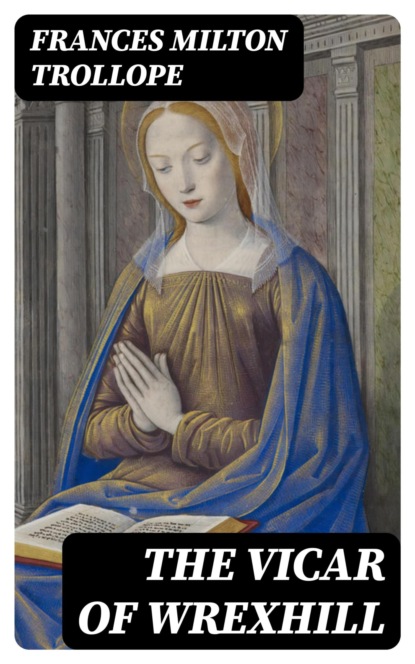Maht 600 lehekülge
0+
Raamatust
In «The Vicar of Wrexhill,» Frances Milton Trollope crafts a nuanced exploration of the social dynamics and moral complexities of 19th-century England through the lens of rural clergy life. Using a richly descriptive narrative style imbued with a keen sense of irony, Trollope examines themes of hypocrisy, ambition, and the interplay between spiritual and worldly concerns. Set against the backdrop of the Victorian era, the novel reveals the church's role within the community and critiques the societal pressures that bind its leaders. Trollope's adept character development allows readers to witness the inner conflicts and moral dilemmas faced by the vicar, ultimately posing deep questions about the nature of faith and integrity in a changing world. Trollope, a pioneering female novelist, was influenced by her own experiences as an observer of social norms and injustices, particularly as they pertain to women and clergy. Her first-hand observations of English society, coupled with a strong commitment to social reform, inspired her to write a narrative that encapsulates the struggles of ecclesiastical figures within a rigid societal framework. Trollope's background and activism gave her unique insights into the intersection of personal belief and public expectation. Readers seeking a profound and thought-provoking examination of moral dilemmas in a bygone era will find «The Vicar of Wrexhill» an essential addition to their literary repertoire. With its compelling characters and vivid storytelling, this novel invites reflection on the complexities of faith, duty, and the human condition, making it a significant work in the canon of Victorian literature.
